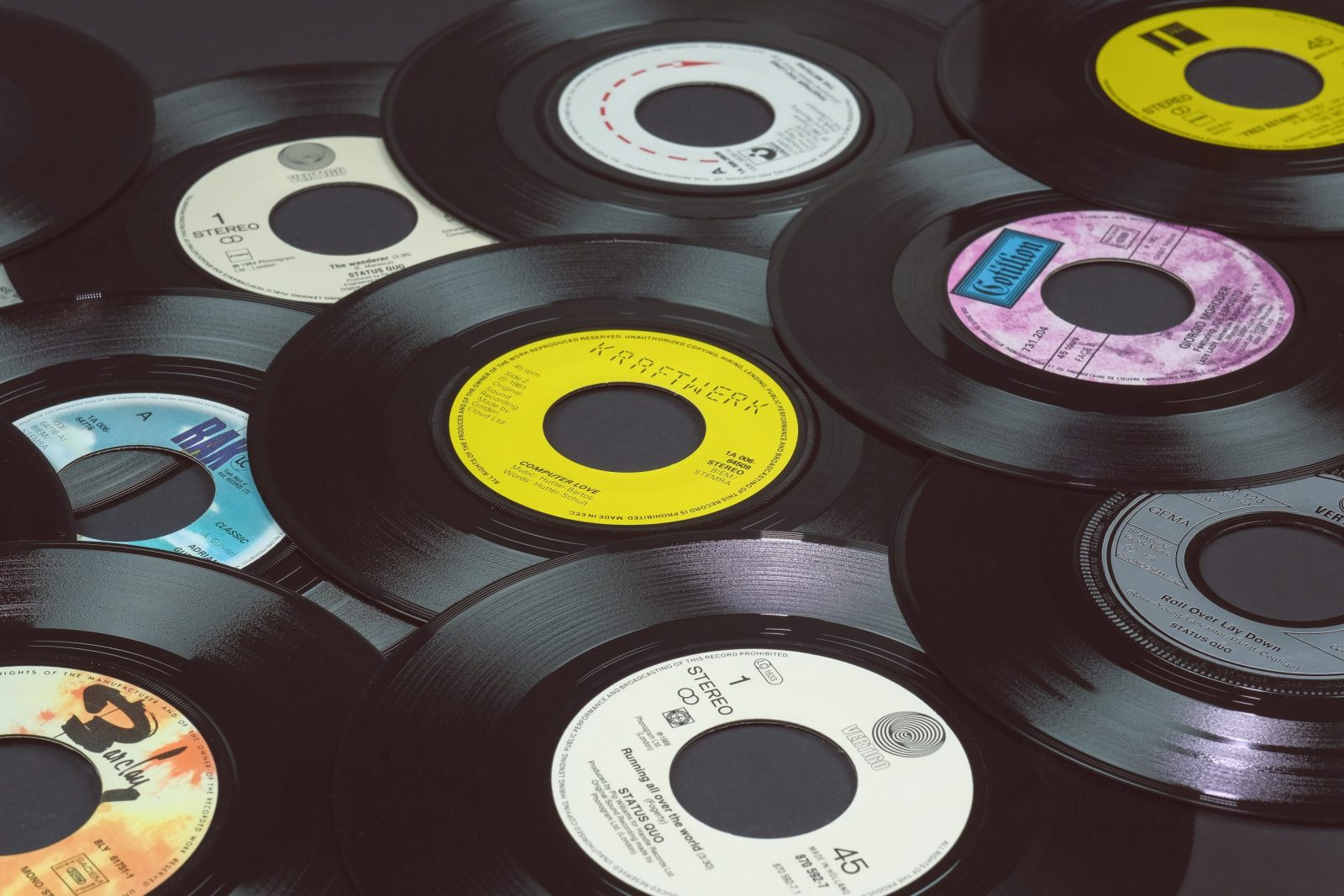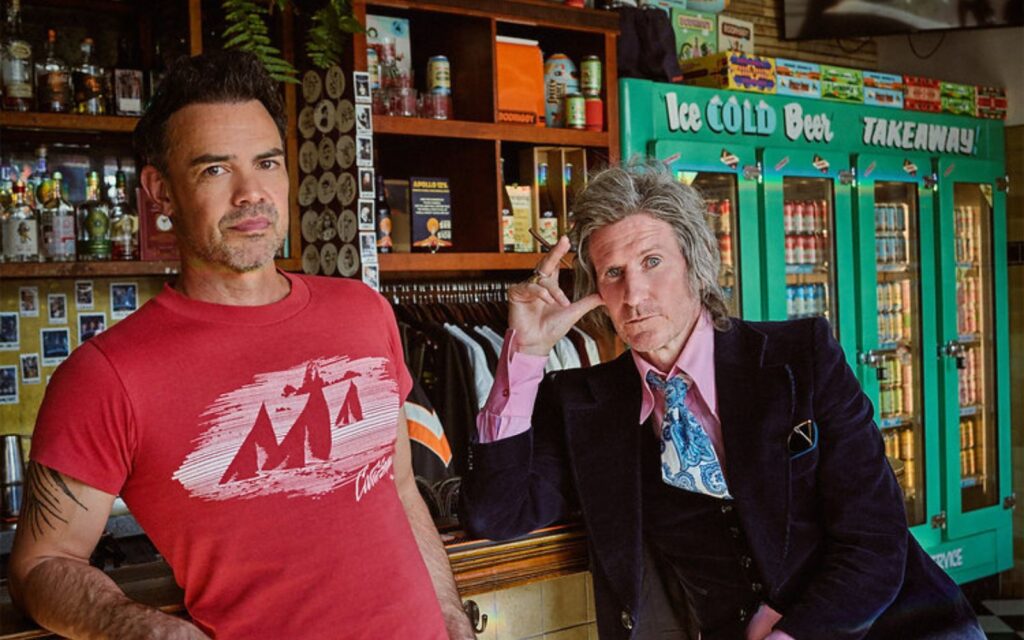It’s a debate that’s as old as digital music itself.
“It sounds better on vinyl.”
It’s a claim that’s been heard by all music lovers at some point in their lives.
The vinyl vs. digital debate is a divisive topic in the music community, and the answer is different depending on who you ask.
Record enthusiasts are willing to die on this hill, with unwavering confidence that the analog music format can never be replaced, but many remain unconvinced. So is there a way of definitively finding out?
Paul Rigby, co-owner of Melbourne’s Zenith Records, says this debate might be one that’s never conclusive, but there’s no denying the charm of a real record.
“There’s been an ever-increasing demand for vinyl, but their popularity is owed to more than just how it sounds,” Rigby says.
Zenith Records is the last surviving record pressing plant in Australia, and has been in operation for over 20 years. Located in Brunswick East, the company is involved in the process of making vinyl records from start to finish.
“We have a fully-integrated plating department, so unlike other plants around the world who will get those parts of production carried out by third parties we do it all in house, we do all of the facets of the pressing process.”
If a tree falls in the woods and there are no hipsters around to hear it, does it still sound better on vinyl?
— Phil Graham (@twigsays) August 19, 2020
So, if you want a crash course on the ins and outs of vinyl records, these are the guys to speak to.
The process of creating a vinyl is both labourous and time intensive, that involves several chemical reactions and enough steps to make your head spin, and Rigby says that’s all part of the vinyl charm.
“You know, your appreciation, or your enjoyment, or your love of the vinyl medium has many more layers than just the sound quality, people value having something real and tangible. Having something they can physical touch and hold and value, something they know has been created by a person,” explains Rigby.
When it comes to a direct comparison, Rigby says it’s a subjective matter. He urges that the preference is dependent how one classifies ‘better’.
“A lot of people said that when CDs came in they sounded better, because they were cleaner and crisper, but I think the analog aspect of vinyl is sort of more pleasing to our ears, but not to everybody,” he says.
“With vinyl, there is always going to be limitations, there’s always going to be some inherent surface noise or a noise floor, but that’s what some people really enjoy the most about it. It softens the transition between tracks, you know, it sounds authentic, you can feel it in the room with you.”
To Rigby, comparing the sound of digital and vinyl is a redundant debate; it’s so much more than just the sound.
“One is analog and one is digital,” he laughs. “There’s no way to deny that digital sounds cleaner, but people love vinyl for different reasons.
“Vinyl is warmer, it’s more real, it’s bigger, it’s boomier. I mean I remember having to do a comparison listening to a test pressing years ago and I queued up the CD and I queued up the vinyl, and I was flicking between the two of them and you know you can hear the difference.
“You can hear the noise floor in the vinyl, you couldn’t hear that in the CD, but I found once I turned it up the CD got louder, and the vinyl just got bigger. I don’t know how else to articulate that, it just felt bigger.”
It’s clear that, to Rigby at least, there isn’t really a clear answer to this age-old debate, and if one of the only people in Australia who actually makes real records can’t give a definitive answer, it might be time to accept that there will never be one.
Keen on another fun read? Check out our piece on the ten cult heroes of Melbourne’s music underground.
Never miss a story. Sign up to Beat’s newsletter and you’ll be served fresh music, arts, food and culture stories three times a week.







